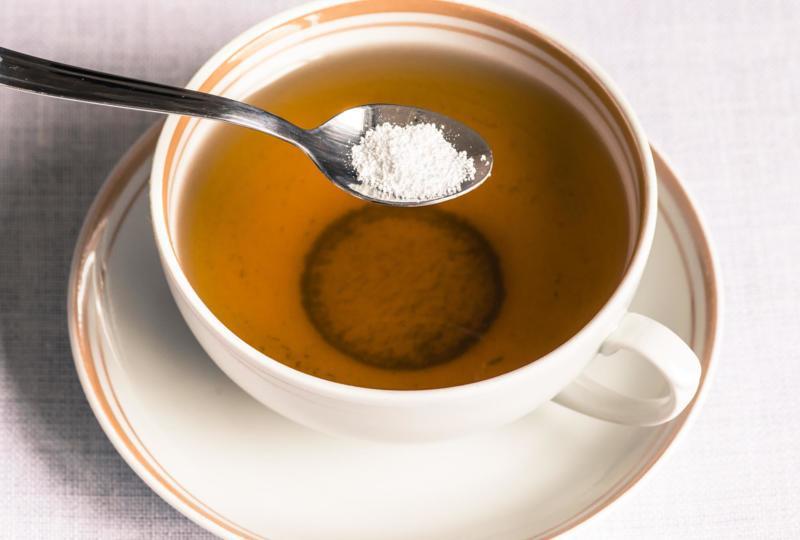How Foods and Fats Can Impact Crohn's Disease
These tips have been found to help most people with Crohn's
- Eat smaller portions of food more frequently. Divide your daily intake of calories into 5-6 smaller portions that are eaten every two to three hours. By eating smaller portions, you are reducing the load on the digestive tract, allowing it to better process foods.
- Reduce the intake of “bad” fats and increase the intake of “good” fats (we’ll discuss this further).
- Reduce the intake of simple processed sugars.
- Limit the intake of milk and other dairy products. Milk and other dairy products (cream, processed cheese) can aggravate symptoms of Crohn’s disease.
- Avoid overly processed foods, as many preservatives can cause flare-ups.
- Avoid overly savory or spicy foods.
- Avoid greasy and fried foods.
- Avoid artificial sweeteners, in particular sorbitol, that may cause or increase the incidence of diarrhea.
- Limit extremely high fiber foods, as they can aggravate symptoms.
- Cook high fiber foods before eating. Rather than removing these foods from your diet completely, thoroughly cook fruits and vegetables to help break down fibers for more ease in digestion.
- Avoid foods that can cause gas such as cabbage, broccoli and carbonated drinks.
- Drink ample water.
- Speak with your doctor about vitamin supplements. Crohn’s disease can interfere with your ability to absorb nutrients properly, and because your diet may be limited, multivitamin and mineral supplements are often times helpful. As with any changes you may make to your treatment protocol, speak with your doctor before diving in.
